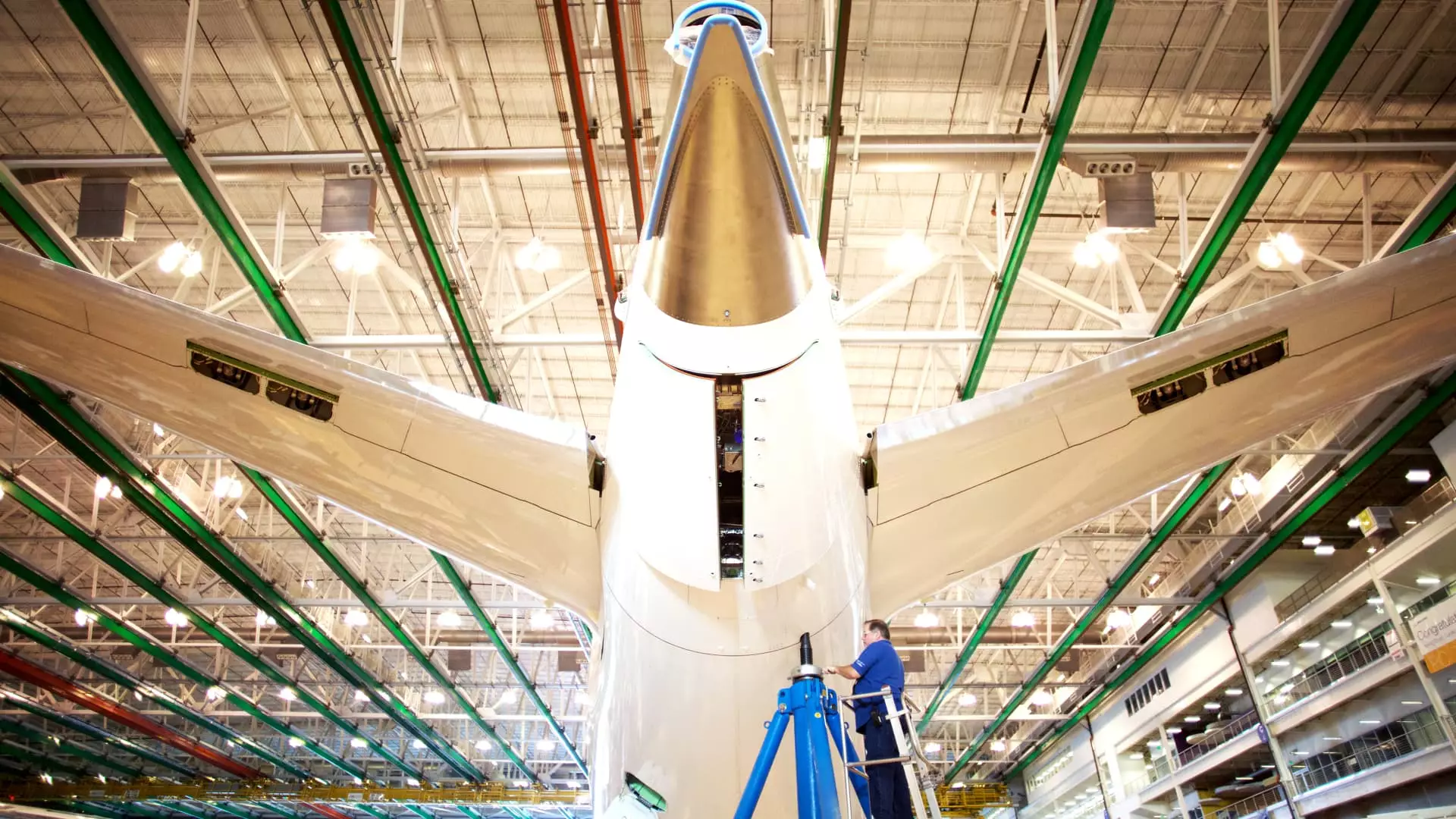Boeing has recently come under fire following allegations made by one of its engineers, Sam Salehpour, regarding shortcuts taken in the production of the 787 Dreamliner and 777 aircraft. Salehpour claimed that the assembly process of the 787 put excessive stress on airplane joints, potentially impacting the lifespan of the planes. However, Boeing has staunchly defended its quality and safety testing procedures, labeling Salehpour’s allegations as “inaccurate” and asserting its confidence in the safety of its aircraft.
The allegations come at a time when Boeing is already facing heightened scrutiny, particularly after an incident involving a 737 Max plane in January. The incident, which saw a door plug blowing out mid-flight, raised serious safety concerns and led to the Federal Aviation Administration imposing restrictions on Boeing’s production. Despite these challenges, Boeing remains committed to maintaining the safety and integrity of its aircraft.
Boeing’s engineering managers have emphasized the rigorous stress and safety tests conducted on the 787, including subjecting the plane to 165,000 cycles to simulate flight conditions. Additionally, the fuselage underwent testing with a 300-pound pendulum to assess its durability. Steve Chisholm, chief engineer for Boeing’s mechanical and structural engineering, highlighted the company’s extensive testing procedures, reassuring the public that the planes are designed to withstand rigorous conditions.
Salehpour’s claims regarding the assembly of the 787’s carbon composite fuselage have raised concerns about the integrity of Boeing’s production processes. He alleged that Boeing used force to join fuselage pieces without properly measuring the gaps, potentially compromising the structural integrity of the aircraft. The Federal Aviation Administration is currently investigating these claims, underscoring the seriousness of the allegations.
In response to Salehpour’s allegations, Boeing has refuted the claims of shortcuts and reiterated its commitment to ensuring the quality and safety of its aircraft. The company has emphasized the extensive engineering examinations conducted under FAA oversight to address any concerns raised. Salehpour’s lawyers have also alleged that Boeing retaliated against him for speaking out by excluding him from meetings and reassigning him from the 787 program to the 777 plan, further complicating the issue.
Overall, the controversy surrounding Boeing’s production processes underscores the importance of thorough safety testing and transparency in the aviation industry. While the company continues to defend its practices, the allegations raise questions about the efficacy of its quality control measures and the need for greater oversight to ensure the safety of passengers and crew. As the investigation unfolds, stakeholders will be closely monitoring the developments to determine the veracity of the claims and the implications for Boeing’s reputation in the aviation industry.

Leave a Reply